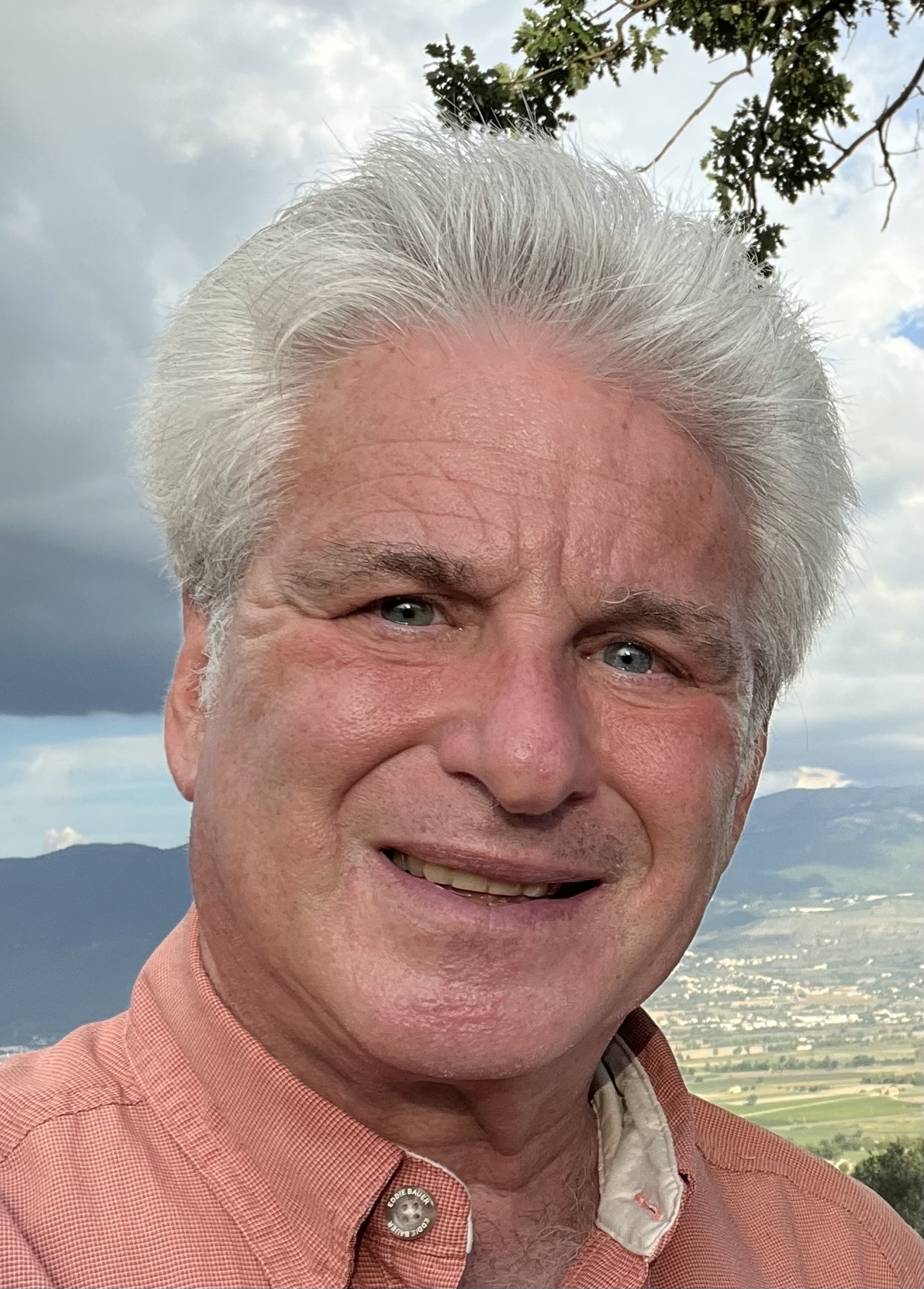Meet Our Donors
Tips from an Estate Planning Expert: Joel S. Rothman

Joel S. Rothman, an estate planning attorney and longtime supporter of ATS, offers important tips on estate planning in the following Q&A, including how Technion supporters can include ATS in their charitable plans.
-
Q: Why is estate planning so important?
-
Joel: Ensuring that our affairs are in good order protects our hard-earned assets and the people we care about most. Without an estate plan, decisions may fall into the hands of the legal system, leading to costly, public, and stressful proceedings with outcomes that may not align with our wishes: assets may pass to individuals whom we wouldn’t want to benefit from our estate, or to family members who are too young to manage an inheritance. A strong estate plan not only spares our loved ones from this added stress, but also minimizes taxes on the estate.
Estate planning is important for health reasons, too. By designating a medical power of attorney, you ensure that your spouse, children, or other loved ones are empowered to make healthcare decisions on your behalf should you fall ill. This should include at least basic guidance regarding wishes for your medical care in the event of a catastrophic event to help direct their decision-making.
-
Q: What is a mistake commonly made in the estate planning process?
-
Joel: There are two components to any good estate plan: the first is having the proper documents completed with a competent estate planning attorney. This typically can involve a “revocable” or “living” trust, which contains the most important provisions for who should be responsible for managing your financial affairs in the event of incapacity or death, and how your estate should be settled after your passing. In addition, a “pour-over will” provides for any assets not part of your revocable trust at death. Finally, everyone should have powers of attorney for property (financial) and health care.
This is, however, only a portion of the process. After documents have been properly prepared and executed, it is important to update the ownership of investments and beneficiary designations on all retirement accounts and life insurance policies, in conjunction with those documents and the advice of counsel. It is not possible to fully benefit from a good estate plan without both proper documents and beneficiary designations.
It’s important to review and update document provisions and beneficiary designations at least every ten years or when life changes occur, such as with marriage, divorce, the death of a loved one, or the birth of a child.
-
Q: How can estate planning facilitate charitable giving?
-
Joel: There are numerous ways to support an organization such as ATS through one’s estate. One of the most beneficial, from a tax perspective, is through one’s IRA. An IRA left to heirs could be taxed significantly, but an IRA left to charity supports the organization at 100 cents on the dollar. Other popular vehicles for supporting charity through one’s estate include real estate or appreciated stocks. Donors can designate to charity a specific dollar amount, a percentage of the estate’s value, or the residual (what remains after heirs have been provided for). Such plans are entirely revocable, meaning that individuals can amend their charitable plans at any point in life should their needs or priorities change.
-
Q: What questions should one ask him or herself as they decide how much to leave to one’s heirs versus to charity?
-
Joel: I advise clients to ask themselves, “How much is enough for my children?” Consider that our children will likely be in their 60s or more by the time many of us pass away, and they will have built up retirement savings of their own. Consider, too, that the most valuable gift we can provide our heirs is an example of philanthropic generosity, a concern for people and causes beyond our small circle.
-
Q: If a Technion supporter wishes to support ATS through his or her estate, what steps should they follow?
-
Joel: In addition to your personal estate planning attorney, the ATS Executive Director of Planned Giving, Judy Sager, is a wonderful resource. Judy can help you understand different options for making an estate gift to ATS, and their tax implications. To arrange a conversation with Judy, email judy@ats.org or call 781.531.0441.
Make sure to name the “American Technion Society,” a U.S. nonprofit organization, as the charitable beneficiary in your estate documents to ensure your estate gift is not taxed.
After you have included ATS in your estate plans, you’ll want to let a representative of ATS know so they can ensure your philanthropic intentions are fulfilled after your lifetime.
About Joel S. Rothman
Joel is founding director of the Rothman Law Group in Chicago. He earned both a bachelor’s degree and a juris doctor from Northwestern University. He is a member of the ATS National Board and of the Board’s Planned Giving Subcommittee. His gifts, made together with his wife, Jeri, have advanced a range of Technion priorities.
Contact Us
Planning your estate and legacy for future generations, including your charitable interests, takes careful evaluation. Consulting with the appropriate professionals can assist you.
